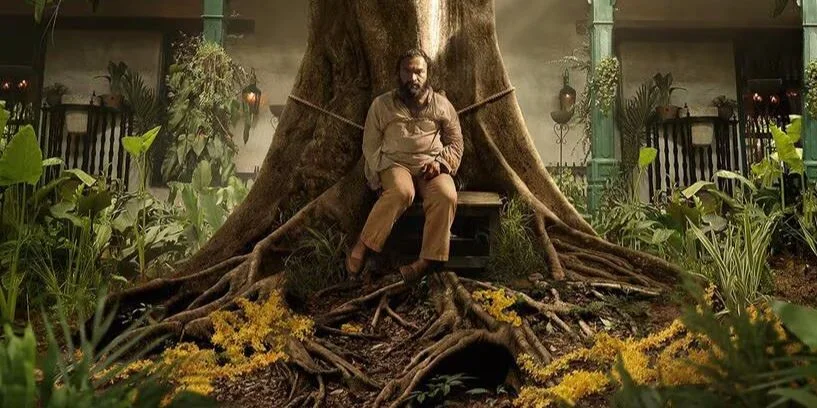HAVANA, Cuba. – After so many bad adaptations that provoked complaints from Gabriel García Márquez, when it seemed to be decreed that it was absolutely impossible to make the film One hundred years of loneliness, Netflix has made a television series of the most famous novel by the Colombian writer and, perhaps, one of the most important and influential written in the Spanish language after Don Quixote, of Cervantes.
The series, in two seasons of eight episodes, directed by the Colombian Laura Mora and the Argentine Alex García Mora, is available for 190 countries from November 11.
There were two premieres of the series: in Bogotá, with the attendance of President Gustavo Petro, and in Havana, where the first two chapters were shown within the framework of the Festival of New Latin American Cinema.
The choice of Cuba for the premiere of the Netflix series was due not so much to the friendship that existed between García Márquez and Fidel Castro as to the fact that the Colombian writer, winner of the 1981 Nobel Prize in Literature, created the Fund of the New Latin American Cinema that bears his name and is based in Havana, and, in 1986, he was one of the founders of the San Antonio de los Baños Film School.
Many of us fear that some director will steal the physiognomies, colors and smells of Macondo that we assumed; that makes us see the ascension to heaven of Remedios La Bella, surrounded by yellow butterflies, different from how we imagine it.
The writer’s son, Rodrigo García Barcha, who with his brother Gonzalo is one of the executive producers of the series, has tried to dispel fears and prejudices by recommending against making comparisons.
“It is a different experience and you have to try to appreciate it for what it is, not constantly comparing the book; For me they are sister projects that complement each other,” García Barcha explained to the EFE agency. “I’m not looking at it and trying to compare; I forget the book and try to appreciate the series as the series. Of course, there are all the ties in the world, but no, to enjoy it I freed myself from saying this yes, this no; This is similar, this is not similar.”
For my part, in love with One hundred years of loneliness And about García Márquez’s work in general – he is my favorite writer, I overlook it, I forgive him for having succumbed, like certain butterflies before the light, to the fascination with Fidel Castro -, I am eager to see the series. But, skeptical, I have serious reservations.
I prefer to get wet without having an umbrella held out to me from the film set when it rains in Macondo. I do not accept that they change the face of Aureliano Buendía. The voice of the gypsy Melquiades cannot be different from the one I heard say, quite rightly, that “things have a life of their own, it is just a matter of awakening their soul.” The way Remedios La Bella ascends to heaven cannot in any way be different from how I saw it the first of the countless times I read One hundred years of loneliness in a worn copy of the Huracán Collection, printed in March 1969, which I still have and which I suspect, if a universal cataclysm does not occur, will always accompany me.













